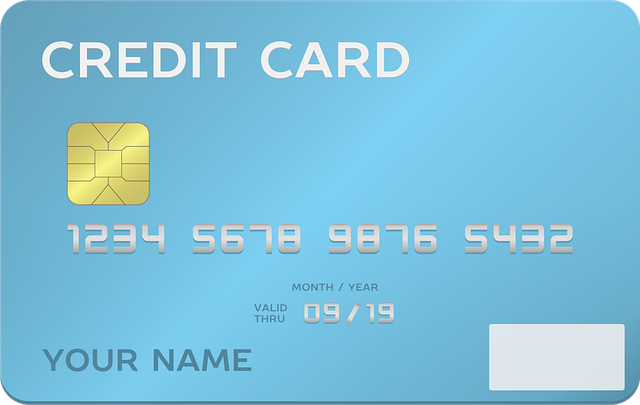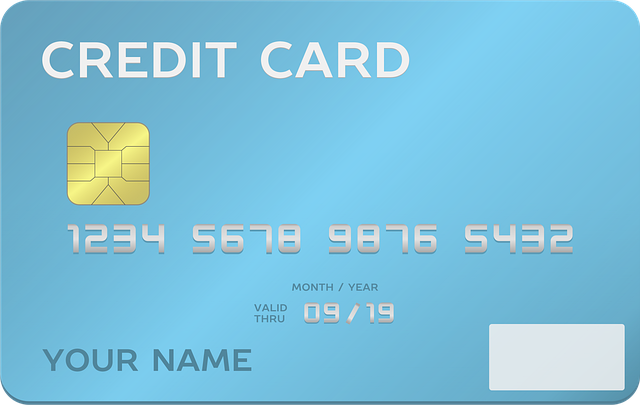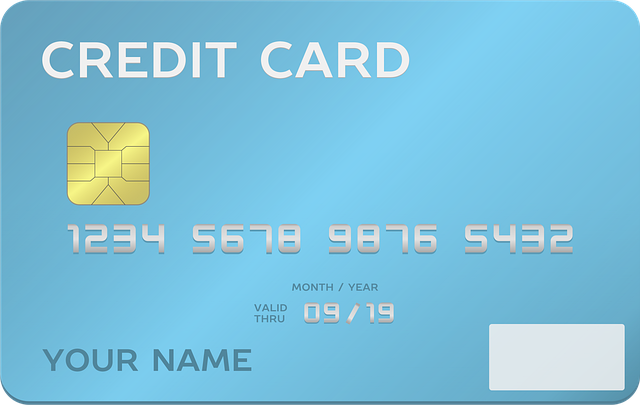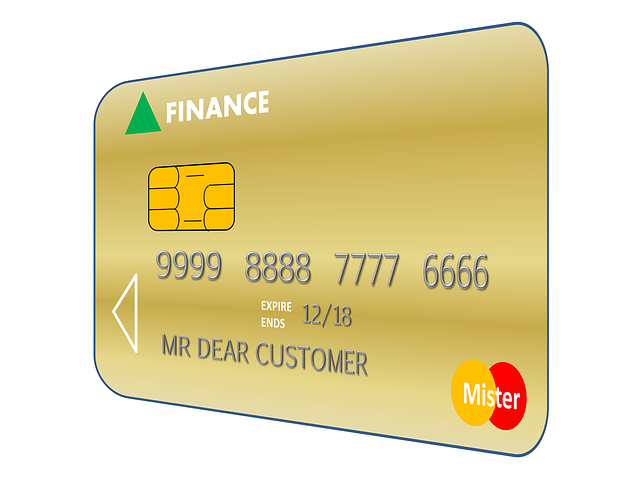Background checks encompass various types, from standard criminal verifications to detailed financial, educational, and professional assessments. These include credit history checks, employment and education verification, drug testing, and Social Security Number (SSN) validation. Comprehensive background investigations are vital for sectors like lending, employment, and licensing, ensuring trustworthiness, mitigating risks, and maintaining industry integrity in the digital age.
Understanding the different types of background checks is crucial for both individuals seeking employment and organizations conducting hiring processes. This comprehensive guide explores various checks that go beyond criminal records, delving into credit history, education verifications, professional licenses, drug testing, and SSN verification.
From standard criminal backgrounds to intricate financial investigations, this article breaks down each type, ensuring you’re informed about the processes and their significance in today’s thorough vetting landscape.
- Understanding Standard Criminal Background Checks
- Exploring Comprehensive Credit and Financial Checks
- Reviewing Education and Employment Verifications
- Delving into Professional Licensing and Certification Validations
- Uncovering Drug and Alcohol Testing Methods
- Investigating Social Security Number Verification Processes
Understanding Standard Criminal Background Checks

Background checks are a crucial part of many processes, from employment to licensing and volunteer work. Understanding the different types is essential, especially as each serves unique purposes. One of the most common types is the standard criminal background check. This typically involves verifying an individual’s criminal history through state and federal databases. It scans for felonies, misdemeanors, and other significant offenses, providing a comprehensive overview of an individual’s past legal issues.
This process usually includes cross-referencing personal information like names, dates of birth, and social security numbers against official records. The results can help employers, organizations, or licensing bodies gauge the candidate’s trustworthiness and potential risks. While standard checks focus on criminal history, other types of background checks may delve into education, employment, and even credit history, offering a more holistic view of an individual’s background.
Exploring Comprehensive Credit and Financial Checks

Background checks are a crucial aspect of verifying an individual’s identity and history, encompassing various types to suit different purposes. When it comes to comprehensive credit and financial checks, these play a vital role in evaluating a person’s financial reliability and integrity. Such checks delve into an individual’s credit history, revealing their borrowing and repayment behavior, including outstanding debts, past defaults, and public records related to bankruptcy or financial misdeeds.
This type of background investigation is essential for lenders, employers, and businesses to make informed decisions. It helps assess the financial stability and potential risks associated with extending credit or offering employment opportunities. By examining financial data, these checks provide a holistic view, enabling organizations to navigate the intricate landscape of an individual’s economic history and make responsible judgments regarding their trustworthiness.
Reviewing Education and Employment Verifications

When conducting comprehensive background checks, verifying an individual’s educational and employment history is a crucial step. This process involves cross-referencing the information provided by the candidate with credible sources to ensure its authenticity. By reviewing academic transcripts, diploma or degree certificates, and employer references, you gain valuable insights into the subject’s qualifications and professional conduct.
In the context of the various types of background checks, education and employment verifications serve as critical components, offering a clear picture of an individual’s educational attainments and work history. This step helps employers make informed decisions by minimizing the risk of hiring individuals with fraudulent or inaccurate credentials, thereby enhancing the overall integrity of the hiring process.
Delving into Professional Licensing and Certification Validations

Delving into professional licensing and certification validations is a crucial aspect of comprehensive background checks, especially in sectors where expertise and competence are paramount. These verifications ensure that individuals possess the necessary skills and qualifications to perform their roles effectively, safeguarding both the industry and its clients from subpar or unqualified practitioners.
In today’s digital era, navigating these processes has become more streamlined. Online platforms facilitate the cross-verification of licenses and certifications across various jurisdictions, enhancing efficiency and accuracy. This advancement in technology not only enables professionals to maintain their credentials but also empowers employers and regulatory bodies to conduct thorough background checks, thereby fostering a culture of accountability and integrity within their organizations.
Uncovering Drug and Alcohol Testing Methods

Drug and alcohol testing methods are an integral part of comprehensive background checks, especially in industries where impairment can lead to severe consequences. These tests often involve a combination of techniques to ensure accuracy and reliability. Common methods include urinalysis, which detects drugs through urine samples, and hair follicle testing, offering a more extensive history of drug use.
Additionally, breathalyzer tests measure alcohol concentration in the breath, providing quick results. For more advanced analysis, blood or saliva tests are conducted, capable of identifying a wide range of substances. These diverse approaches cater to various sectors’ unique requirements, ensuring that background checks remain an essential tool for risk management and safety assurance across different industries.
Investigating Social Security Number Verification Processes

The process of verifying a Social Security number (SSN) is a critical component of comprehensive background checks, particularly in countries like the United States where SSNs are integral to individual identification and employment records. This verification ensures that the SSN belongs to an active, valid account, providing a foundational layer of accuracy in the background check process. It involves cross-referencing the provided SSN with government databases to confirm its authenticity and mitigate potential fraud or identity theft risks.
In today’s digital era, advanced technologies enable secure and efficient SSN verification, often as part of a broader suite of background screening services. These include automated data matches, cross-reference checks against multiple databases, and real-time validation, all designed to deliver swift and reliable results. The integration of these processes enhances the overall rigor and effectiveness of types of background checks, ensuring that employers, landlords, and other entities make informed decisions based on verified information.
